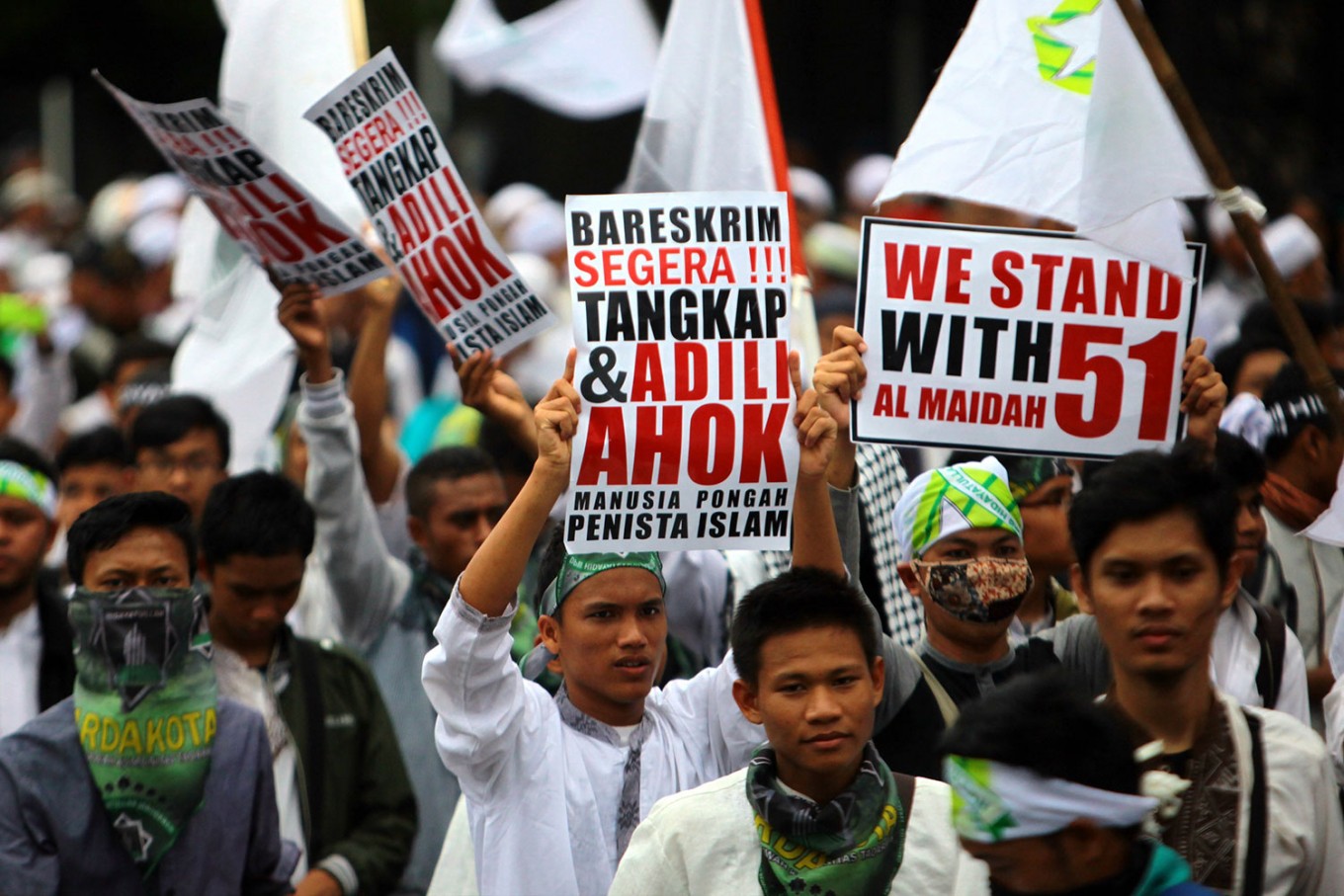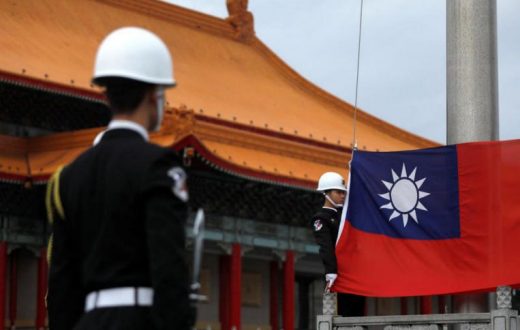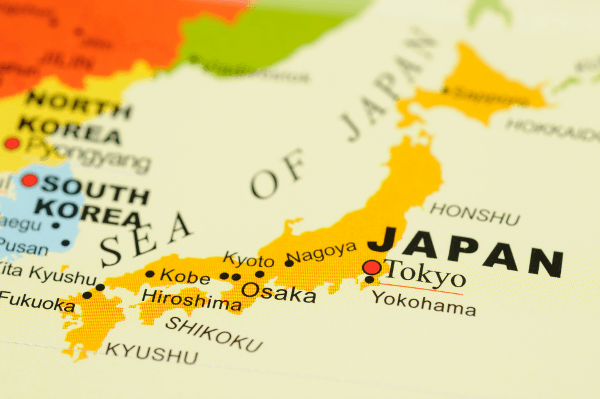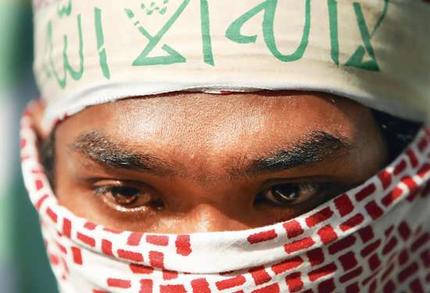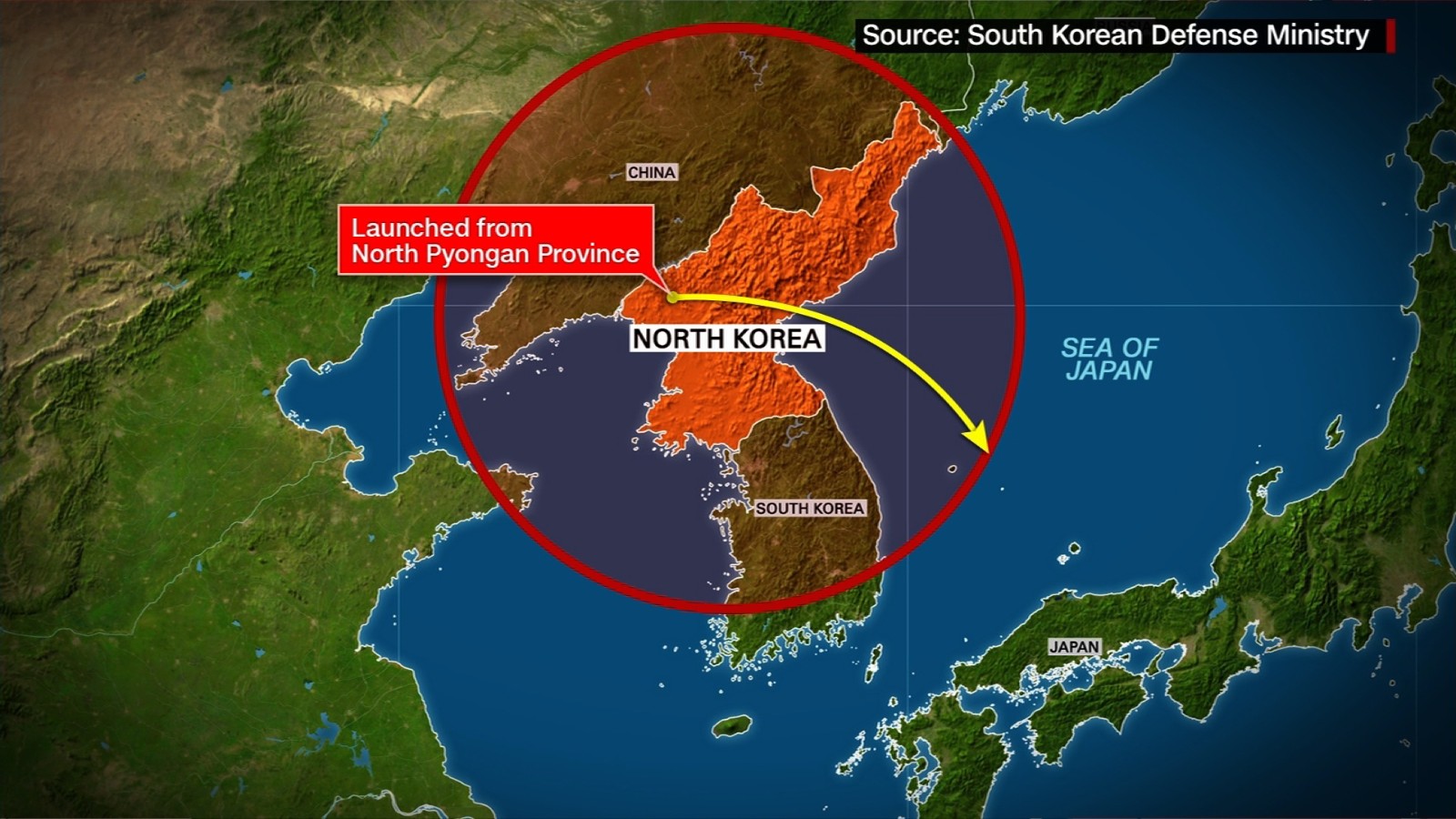The former DKI Jakarta governor Basuki Tjahja Purnama, often called Ahok, was awarded the man of the year in 2014 by Globe Asia magazine. He has received overwhelmingly positive feedbacks in the world of international politics, and is often considered as the best governor Indonesia ever has. Ahok is known for his transparency, progressiveness, practicality, and anti-corruption attitude. However, due to surprising turn of events, Ahok is found guilty for violating blasphemy law, and therefore is currently incarcerated for two years. Here are the things you need to know regarding the event of Ahok’s incarceration. This article will analyze the Rise of Islamic Radicalism in Indonesia through the case of Ahok.

- The upload.
On the September 27th of 2016, Ahok was holding a speech to introduce a new program in Kepulauan Seribu; an Island under the domain of DKI Jakarta. In his speech, he mentioned his previous political experiences in his hometown, Bangka, where his political opponents often cited Al-Quran into pursuing the people to not vote Ahok for being a Christian. The part of the Quran used as a weapon against Ahok is Al-Maidah 51 letter, which states that choosing non-muslim leader is prohibited. In his speech, Ahok stated that regardless of the election’s result, the program will be beneficial for the people and the people should not be fooled with Al-Maidah 51 letter. On October 6th 2016, an edited video of the speech was uploaded by someone named Buni Yani in his Facebook account. The video rephrased Ahok’s “do not be fooled with Al-Maidah 51 letter” into “do not be fooled by Al-Maidah 51 letter”. The technical difference is minor but the implication is extremely huge, because in the original speech Ahok was referring Al-Maidah 51 as a tool that is used by political figures to fool the people, while in the edited video it was giving implication as if Ahok is referring to Al-Maidah as something foolish by itself.
- The demonstration.
The first massive demonstration which was held by around 100.000 people took place on November 4th 2016. This was the concrete start leading to Ahok’s incarceration. The demonstration was conducted by plenty of Islamic community organizations, albeit the two biggest Islamic organizations; Nahdhatul Ulama (NU) and Muhammadiyah did not recommend their members to participate in the demonstration. Prior to this demonstration, on November 3, the police (polri) had officially published in their Facebook timeline that the video uploaded by Buni Yani is an edited video and that there was no indication of offense by Ahok towards Islam. However, the demonstration still took place and there are plenty of speculations on how political the demonstration was instead of it being religious. Since then, there were multiple succeeding demonstrations conducted by the Islamic community organizations. One of the main players which helped drives the demonstrators was Habib Rizieq, the founder of Islamic Defense Front; a controversial Islamic group in Indonesia.
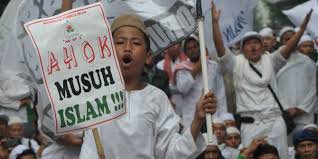
- The election.
All of these incidents happened prior to the governor election day. In the election, Ahok was facing two other candidates; Anies Baswedan and Agus Harimurti Yudhoyono. In the first round, Ahok led the election with 42% of the votes while Agus was eliminated from the election with 17% of the vote. Because there was no candidate that received majority vote of 50% or more, a second round of vote was conducted. Ahok then faced trial at the court while campaigning for his election, in where he was held in court for approximately 9 hours almost everyday of the trial. At the second round of the election, Ahok lost to his opponent, Anies Baswedan, with the same vote as the first round; around 42% of the vote. However, it is worth noting that in Kepulauan Seribu, the place where Ahok was committing the blasphemy; a place where almost 100% of the population is Muslim, Ahok won the majority vote in both rounds. Immediately after his defeat, his prosecutor downgraded the charge to no jail time and 2 years of prohibition.
- The sentence.
On May 9th, the juries convicted Ahok guilty of blasphemy and therefore is sentenced to two years of imprisonment. At first, Ahok was going to retaliated by filing for appeal, but after careful consideration he chose to submit and accept his incarceration. Buni Yani however, regardless of his status as a suspect, is still roaming around freely without verdict. Habib Rizieq is also persecuted for discrimination, hate speech law, and pornography law where he was found eliciting nude pictures from Firza Husein. Yet, Rizieq is currently Saudi Arabia refusing to go back to Indonesia, even seeking protection from UN in spite the fact that he did explicitly insult the UN in his provocations.
- The 1998 foreshadows.
In 1998, Indonesia faced a terrible tragedy. Following the economic crisis, Soeharto resigned as a president and his New Order government fell apart. Massive demonstrations were happening in all over the country, where ethnically native Indonesians target ethnically Chinese Indonesians, resulted in a damage of over 300 million USD, at minimum 168 reported cases of rape, and a thousand death. Up until today, the legal proceeding regarding the demonstration has not yet been concluded. On February 2nd 1998, The New York Times released an article titled “Indonesia Turns Its Chinese Into Scapegoats”, in a descriptive attempt to foresee the 1998 riots. On May 12th 2017, reuters and usnews released an article titled “Exclusive – Indonesian Islamist leader says ethnic Chinese wealth is next target”, where Bachtiar Nasir, leader of GNPF-MUI (of the organizations orchestrated demonstrations against Ahok), explicitly stated that the Chinese ethnics of Indonesia is to be blame for disparity that Indonesia suffers from. The similarity between the 1998 incident and the current rising intolerance incident is extremely uncanny.
- The worldwide condemnation
On the day of Ahok’s conviction, May 9th 2017, the hashtag #ahok made it into Twitter’s worldwide trending. The UN Human Rights Asia official Twitter account @OHCHRAsia tweeted “We are concerned by jail sentence for #Jakarta governor for alleged blasphemy against #Islam. We call #Indonesia to review blasphemy law.”, where the tweet got more than 8000 retweets. Dutch MP, Gert-Jan Seegers stated in his Twitter account that the outcome regarding Ahok’s conviction was “An injustice, A great injustice.” Charles Santiago, a Malaysian MP, also commented on the verdict saying that “Indonesia was thought to be a regional leader in terms of democracy and openness. This decision places that position in jeopardy and raises concerns about Indonesia’s future as an open, tolerant, diverse society.” Plenty of condemns explicitly stated by the global community was addressed towards the issue, and not just condemns, but also peaceful protests in the form of petition or even small demonstration. Indonesians alumni of Harvard University started a petition to release Ahok for prosecution had 60.000 a week before the verdict was passed. There was also the legendary floral tributes and candle demonstrations; peaceful demonstrations conducted inside the countries and even outside the countries by Indonesian diasporas. The whole incident is deemed to be very disappointing in the eyes of global society.

